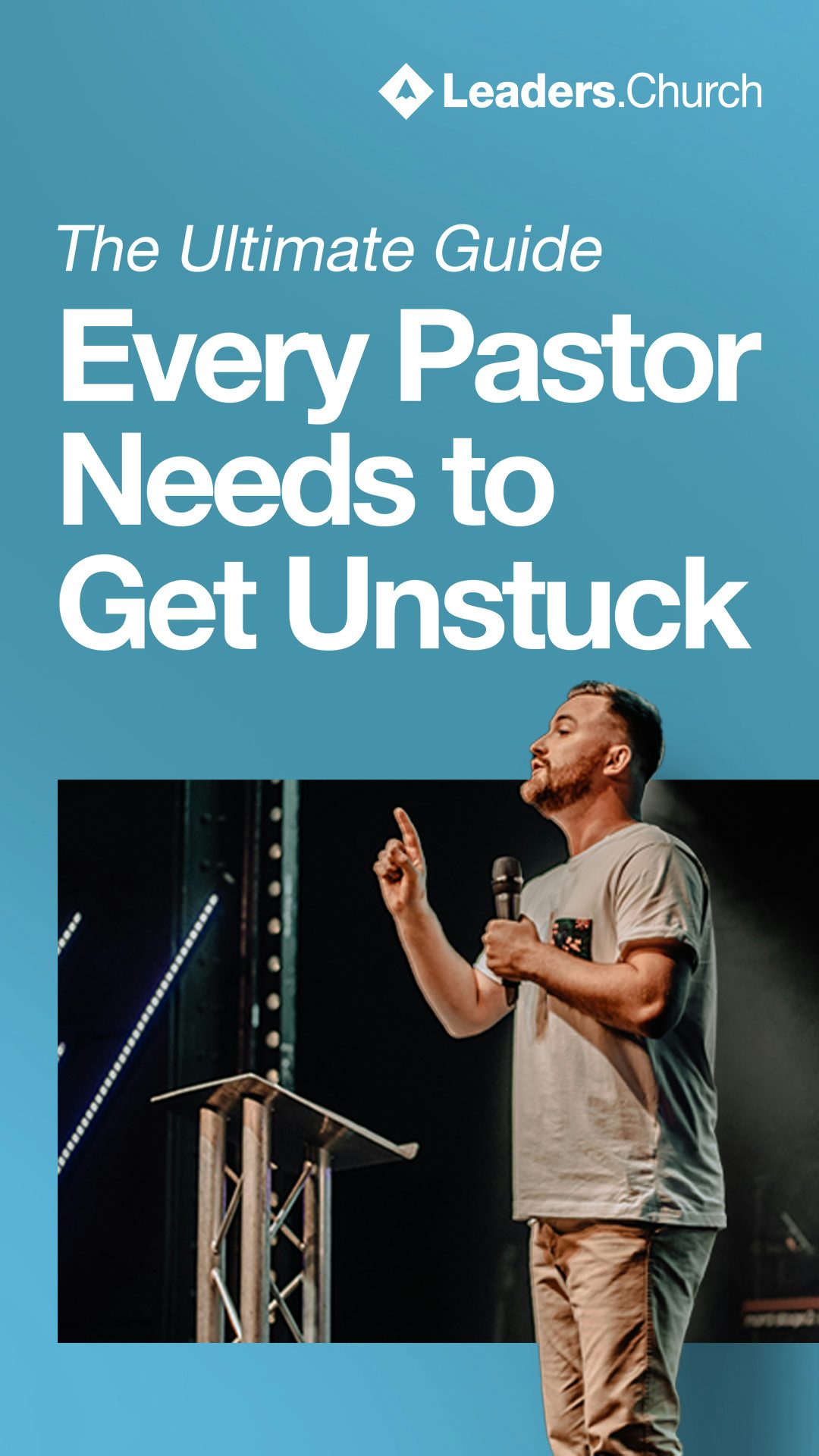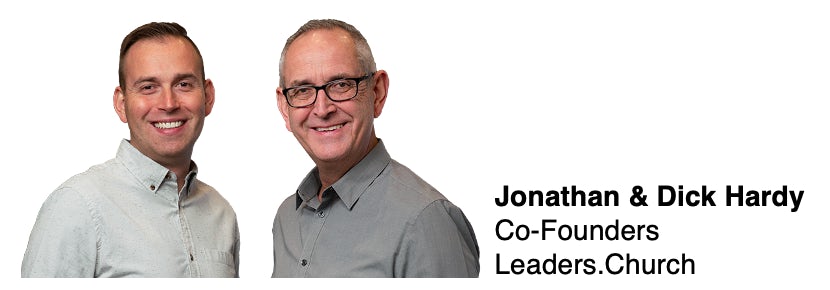
Church Government: Democracy vs Theocracy?
How much thought have you given
Not sure how it is in other parts of the world, but here in the U.S. we now live in a 24/7/365 election cycle.
This election cycle is what keeps the wheels turning just west of the Atlantic Ocean. Some bemoan it. Others celebrate it!
In this post we’ll look at the following:
Democracy in Church Government?
Human Government to Church Government
Think Theocracy
In this corner of the free world, we have what is commonly referred to as a “democracy.” Sometimes, it is referred to as a “republic” and sometimes a “representative democracy.” For simplicity in this blog, we’re going to frequently reference “democracy.”
We have a lot of good friends in other countries like Canada, the U.K., Australia, New Zealand, South Africa, etc. and they all have varying forms of similar government structures.
I’m big time partial to the U.S. of A, red, white and blue and our form of government. I would argue it is the best form of human government ever created. I love it.
So, I get it when it comes to trying to understand church governance, that we make comparison to our human form of government.
When a church board member gets selected to serve on the church board, they ask the questions, “What’s a church board member to do? How does this church government thing really work?”
(NOTE: Want to know the proper roles and responsibilities for Church Boards? Click here)

Church board members want to do the right things. They really do. They want to help their pastor. Church board members want to serve their pastor. They want to help the church and they want to serve the church.
However, I hear it all the time, once a church board member is selected. “Okay, now I’m a church board member. What am I supposed to do?”
And when this question is posed, too many times the board member is left to come up with an answer on their own. This is not good.
Democracy in Church Government?
The first thing that comes to mind for most church board members is they understand that they are now part of church government. They’re not sure exactly what that means, but they are trying to figure it out.
Frequently, the church board member will begin to think in terms of the form of government with which they are most familiar, that of democracy. In fact, they will ask, “Aren’t we a democracy?” Legit question.
I referenced my love of America. Again, like many of our sister countries we are blessed with the very best form of human government ever conceived – that of democracy. There is nothing better.
So, when a new church board member is trying to figure out how it all works, how the governance of the church works, they’ll go to that which is most familiar to them.
The church board member makes the correct observation in their mind that the best form of human government is democracy. It is the one where they have the greatest familiarity.
So, they think if that’s the best, then they begin to assume the church wants and deserves the best, which is probably some kind of democracy.
Human Government to Church Government
Let’s play that line of thinking of human government all the way through to church government.
In our U.S. democracy we have three branches of government; Executive, legislative and judicial. So, if that’s the case, the church board member needs to figure out who’s who in the church context.
Hmmmmmm…. Determining who’s the executive branch is fairly easy. The pastor is probably like the president, the executive branch. Done!
If the church is part of a denomination or fellowship, the church board member concludes that the denomination or fellowship leadership make up the judiciary…making sure the church doesn’t go off the rails doctrinally.
If the executive branch is clearly identified as the pastor and the outside leadership of the denomination or fellowship is branded as the judicial branch, then that must mean that as a church board member, they must be a representative of the people. They’re a representative or senator, defined as the legislative branch.
(NOTE: Want to know the proper roles and responsibilities for Church Boards? Click here)

The church board member comes to the conclusion that the church needs the greatest form of checks and balances, just as the founding fathers put that in place with the U.S. democracy.
Therefore, human democracy is the best, even for the church. WRONG! They come to the very erroneous conclusion that they must represent the people like Congress does in the U.S. government.
To think of the church government as a democracy is disastrous. And if you have a board that thinks this way, I’d suggest you take a look at the blog, 10 Steps to Navigating Change with Your Church Board.
Now, don’t get me wrong. I’m a huge believer in checks and balances. No pastor is an island of leadership unto themselves. But, to think of church governance in the same way as human governance is a huge mistake.
To make my point, I ask the new church board member, “How does that checks and balances thing in the U.S. work between the House, the Senate and the President?”
Again, while we love the thought of checks and balances, more often than not in human government, checks and balances produce gridlock.
So, my question to the church board member in the local church is, “Do you want your church to function in gridlock?”
I’ve never, ever had a pastor or board member say to me, “Yep, I’d love for all the decisions we make at the church board level to get all bogged down in gridlock,” or “I love it when pastor and board relationships get stuck.” NEVER!
Think Theocracy
Here’s the deal. In reality, church government is much more like a theocracy. Theocracy is not a perfect term but it’s the closest I can get to really describing how the governance of the church really should work.
In case you can’t tell, in the case of the church, you need to forget democracy. Think theocracy. And when I say theocracy, be sure you don’t mistake that to mean the pastor’s name is Theo! 🙂 It is not!
How Does Theocracy Work?
First, Christ is the head of the Church, Colossians 1:18. In this role, He and the Father have a chosen person to lead your church.
The church board typically goes on a search to find that chosen person. In doing so, they are seeking the mind of the Lord, on their face before Him calling out for His guidance.
This search is different than the normal human search for a leader of an organization.
It is a spiritual journey and it is the number one task any church board undertakes in the service to the church.
This search sets the stage for the path the church will take in accomplishing its mission to reach spiritually lost people with the Gospel.
When the church board finds the new lead pastor, the church board engages the ministry services of that new pastor and away they go, the pastor and church board relationship is off and running!
Once in the saddle of leadership in the church, the new lead pastor seeks the mind of the Lord for the vision and direction of the church. In doing so, they begin to communicate with key lay and staff leaders as to that direction.
Please don’t hear this wrong. I am NOT suggesting the pastor goes up on high and comes down with a “Thus saith the Lord.”
I am suggesting that, however, that as the leader, they are the initial conduit through whom the Lord will normally begin to communicate vision and direction.
(NOTE: Want to know the proper roles and responsibilities for Church Boards? Click here)

To reinforce, once the pastor has some sense of what God wants, they then begin to systematically dialogue/interact that sense with other leaders.
Once those key leaders come to a sense of God’s leading, then a cascading process of communicating vision and direction flows down through the church from board members, staff members, key leaders and all the way to the person sitting in the auditorium week-in and week-out.
That’s the way a theocracy works.
To the board member, who says, “I don’t like this theocracy idea because I think it puts too much power in the hands of the pastor,” I might suggest this thought to ponder.
The very first thing I say to that church board member is, “Who picked your pastor?” Of course, the answer is always in some way, shape or form, “we did.”
So, to the church board that doesn’t like what their pastor does, then either they need to get a new pastor (almost always, an absolutely terrible idea) or they need to adjust the way they see church governance.
Let’s assume the church board comes to a good understanding that church governance really is more a theocracy than a democracy. Then what in the world do they do with the legislative part of church governance, “representative of the people” mentality?
First of all…
The pastor needs to lead the board in the regular and ongoing understanding of how church governance works. Then the board aligns and reinforces the church governance model.
Pastors and church board members need to understand one of the highest callings of any person in the church is to serve as an advisor to the senior spiritual leader of the church, the pastor. This role supersedes any role to represent people.
The very best model for a growing church is to be pastor-led/run and board-advised. No church that is growing anywhere is led by the church board. ALL growing churches are led by the pastor and advised by the church board. All of them!
Here’s the drill. If you want your church to grow, you need to move to the form of church government that is theocratic in nature and not democratic.
First, you need to help your church board understand the necessity for change. We wrote extensively about that leadership responsibility for lead pastors in the blog, 10 Steps to Navigating Change with your Church Board.
You need to help the good people in your church come to an understanding of what the best practices are for growing churches, those that are effective to the mission of reaching spiritually lost people with the Gospel.
Believe me, if you want a democracy in church government, you’ll significantly slow growth and probably move the church to negative growth. I’m serious.
If you want to see growth and hopefully significant growth, people coming to know Jesus, then the church needs to function like a theocracy.
As we wrap up this writing…
Let me go back to my observation earlier. The number one responsibility of any church board is to select God’s person to lead the church. Period.
Doing this well, sets in place the success or failure of your church theocracy.
Make a bad pick and it will not go well for you. Make a great pick and watch God do amazing things.
I want your church to win. You want your church to win. And certainly, the Lord wants your church to win!
Regardless of your church policy, if you’ll function like a theocracy, you will have the greatest chance to see God do the greatest work in growing your church to be all He wants it to be.
I pray with you to this end!
Like this post? Sign up for our free blog updates to never miss a post. We’ll send you a FREE ebook to say “Thank You.”
Discover what pastors of growing churches do to see massive growth and how you can position your church for the greatest days ahead.
Click here to get immediate access to this free masterclass.



